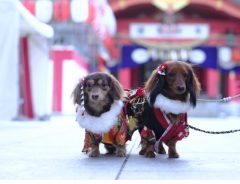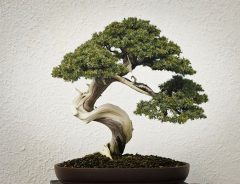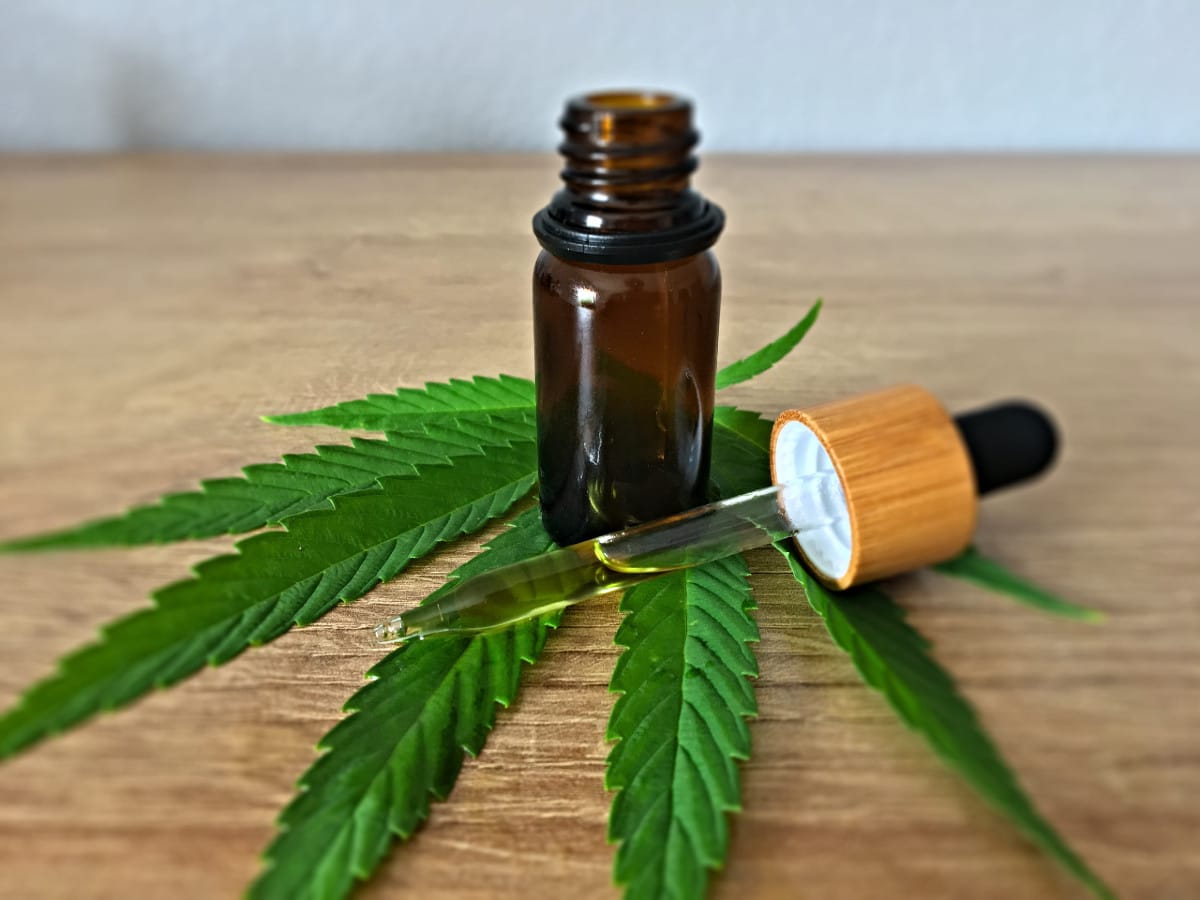Related Article
-

Japanese Shichi Go San Ceremony for Children Can Now be Performed for Pets Too
-

This CBD and mugwort bath salt blend is the perfect way to unwind
-

Kagami Biraki: Opening or Breaking the New Year’s Mochi
-

The Tahitian Noni Cafe Reopens in Shinjuku, Now Offers Coffee and Drinks Charged with Cannabis Active Ingredient CBD
-

Bonsai Techniques Allowed Janitor To Grow Miniature Marijuana Plants In His Apartment
-

Kawaii in the Afterlife: The Playfully Religious Art of Japanese Illustrator Hasuimo



In recent years, Western countries have been loosening laws surrounding the use and possession of marijuana. The recreational use of the plant is legal in 11 American states, and medicinal usage is permitted in 33. Several European countries have also taken a lenient stance, while others have become havens for drug tourism. In 2018, Canada became the second nation to legalize the plant and allow for a nationwide market.
Although Western-friendly, Japan has maintained strict policies surrounding drug control, including marijuana. For crimes involving narcotics, as well as drunk driving, Japan effectively has a "zero tolerance" stance and levies heavy penalties against lawbreakers. The government's stance is so hardline that citizens can even be prosecuted for using marijuana while visiting liberalized countries such as Canada. Complicating matters further for western tourists, the import of several medications such as amphetamines for ADHD and opiates for pain relief is also restricted.
The History of Hemp in Japan
With such strict policies in place, you'd be forgiven for thinking that Japan has always been intolerant of intoxicants. However, the laws currently controlling marijuana were not ratified until 1948. Before then, hemp was widely cultivated in Hiroshima, Tochigi, and other regions, and cannabis was historically incorporated into spiritual ceremonies.
The plant is particularly important to Shintoism, an indigenous religion of Japan. Thought to be the "way of the gods," hemp was burned to cleanse shrines and to exorcise demons. At weddings, it was burnt as an invitation to spirits, and many spiritual practitioners, such as priests, wore hemp garbs. It was also given as an offering in certain situations, such as praying for safe travel.
Still, there is little evidence that the medicinal plant was ever smoked in ancient Japan. Nevertheless, the plant worked its way into other aspects of the culture. As a widely cultivated crop, it was known to poets and referenced in haikus.
According to these accounts, ninjas used cannabis for training. The crop grows quickly, so would-be assassins would use it for jumping practice. It was said that the plant would grow higher every day, and the ninjas would struggle to continue jumping over it as they endure rigorous training regimens.
The Hemp Museum
Opened in 2001, Taima Hakubutsukan is a museum in Tochigi geared toward the celebration of the history of hemp. The only such museum in Japan, it works to elevate the degraded standing of cannabis by educating the public about the history of hemp in Japan.
According to founder Junichi Takayasu, the museum is the result of a lifelong ambition to work with the plant. He told the Japan Times, "Most Japanese people see cannabis as a subculture of Japan, but they're wrong. Cannabis has been at the very heart of Japanese culture for thousands of years. Cannabis was the most important substance for prehistoric people in Japan. They wore clothes made from its fibers, and they used it for bowstrings and fishing lines."
At his small museum, Takayasu focuses, not on illicit consumption, but the practical uses hemp has served throughout Japanese history. The exhibits focus on how the crop is grown and its former use in rope and fabrics. There is also a lot of reading material available to anyone who would like to learn more.
CBD Extracts and Renewed Interest in Cultivation
While it is unlikely that Japan will legalize marijuana anytime soon, a burgeoning demand for related products is noticeable. Cannabinoid products, for example, are gaining traction online with netizens searching for greater wellness. While CBD oil and the like are popular internationally, Japanese YouTubers are demoing the product online. Vlogger Sakura CBD was excited to find the product available at a shop in Ueno:
The YouTuber mentions how CBD has helped her manage her mental health issues. She stumbled upon a shop offering CBD products and spent time learning about the products offered. According to her, the staff are very knowledgeable.
Although there are several CBD products, she recommends a wax that can be used in a vaporizer. Many CBD items, Sakura notes, can have a strong and unpleasant taste. However, flavored products make things more enjoyable.
As the popularity of these wellness products increases, investors are launching a "campaign to re-open Japan for Hemp." The initiative aims to revitalize farming of the anciently popular crop by planting 20,000 hectares of hemp in Hokkaido.
According to the director of HempToday Japan, Riki Hiroi, investors are "beginning the process of showing the Japanese government what hemp is really all about. We're keen to support Japanese entrepreneurs and innovations for grassroots development of innovations that can be applied both in Japan and abroad." With a growing consumer market for hemp-based foods and health products, the industry may prove to be high-growth. That could mean many more products entering the Japanese mainstream in the near future, as well as impressive profits for investors.